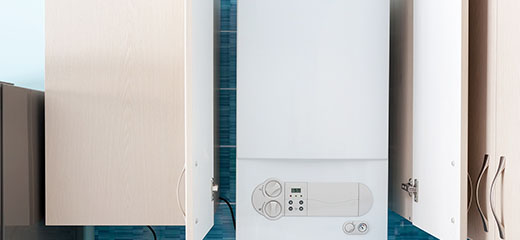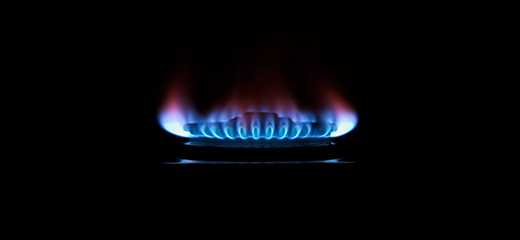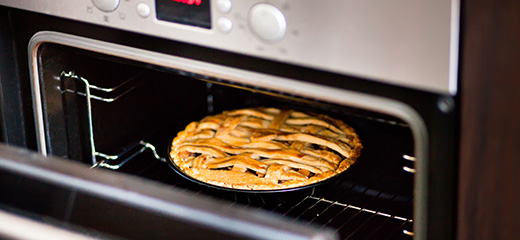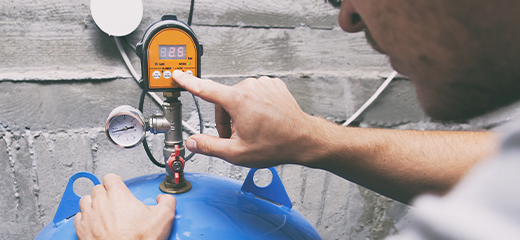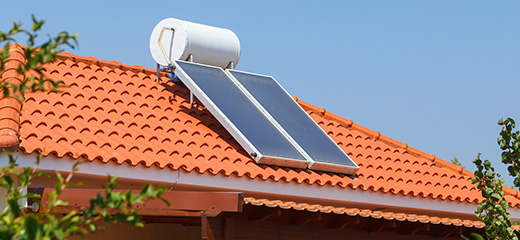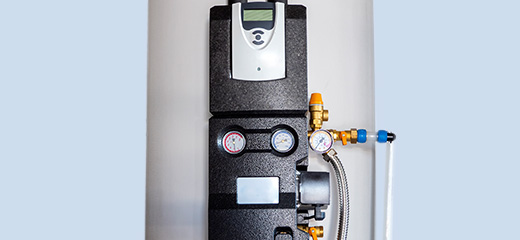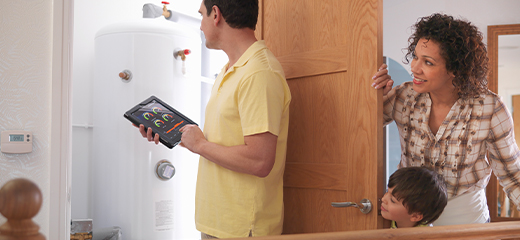
FAQs: Gas Geysers
One of the ways that many households are finding as an effective way to reduce the electricity bill has been through installing a gas geyser. Its ability to directly heat water is the one benefit that surpasses many other solutions, currently in the market.
If the idea of switching to a gas geyser is new to you, here’s some answers to some of the technical questions you may have about installing this type of geyser.
What is a gas geyser and how does it work?
A gas geyser uses liquid petroleum gas to heat up water. It includes a gas control valve which uses a thermostat that monitors the temperature of the water. When it senses the cold water, it opens the main gas valve and the air below the tank ignites the burner. The flames from the gas rise through a built-in vent and the burner heats your water until hot. This entire process of heating up your water takes just a few minutes.
How safe is a gas geyser?
Gas geyser installations have to meet strict regulatory requirements to ensure their safety. For this reason, gas installations need to be done by qualified and registered gas technicians. It is illegal to do a gas installation yourself and could result in carbon monoxide poisoning, which can be fatal.
Are gas geysers better than electric geysers?
When compared, the cost of buying and installing a gas or electric geyser are often similar. It’s worth noting however that gas geysers do require regular maintenance to ensure the gas installation remains safe and the geyser is operating optimally. On the other hand, gas geysers are not impacted by loadshedding or power outages and are great for saving money on your water heating.
Does a gas geyser use a lot of gas?
This will depend on the number of people in the home and how much hot water is used on a daily basis. That being said, general estimates show that an average family of 4 people can expect to use around 19kg/month in summer, climbing to between 40-60kg/month in winter. However, given a gas geyser’s efficiency at direct heating, this option is generally far more cost-effective than an electric geyser in running costs.
Where should you put a gas geyser?
The placement of a gas geyser must meet strict safety regulations, including being installed by a qualified gas installer who is registered with the Liquefied Petroleum Gas Safety Association of Southern Africa. A properly qualified installer will advise you on how to meet required conditions such as ventilation, height and proximity to where the hot water will be used.
How do you choose a gas geyser for your home?
Each family differs and there are some factors to consider, especially consumption and budget. In this regard, it is best to speak to an expert installer will be able to provide you with an accurate idea of what would best suit your family and needs. Other things to consider when buying a gas geyser include the brand, how energy efficient you want it to be, the geyser size and shape etc.
What are the different types of gas geysers?
Currently in South Africa, there are four types of gas geyser in the market.
- Standard diaphragm activated gas geysers: This is the basic geyser which can only send water up to about 10 metres and provides for one tap at a time. It includes a manual temperature adjustment and needs good water pressure to function.
- Low water pressure gas geyser: This caters for two or more taps, runs off low-pressure water supply and also requires a good flow of water.
- Constant temperature gas geyser: This allows for manual temperature adjustment, is able to work with a mixer tap and can be used on multiple taps at the same time.
- Forced fan gas geyser: This geyser is more sophisticated and energy efficient. Though a bit pricier, it delivers unique features that promote safety and monitoring of the geyser. It also does not limit on the number of taps for each household.
How much does a gas geyser cost in South Africa?
The price for a gas geyser ranges between R2 500 and R20 000 depending on the capacity, technology and functionality.
How much do installations for gas geysers cost?
A complete gas geyser installation can cost anywhere from R6 000 to R10 000 depending on the layout of your home and your family’s requirements. A gas installer is required by law to provide you with a gas installation certificate of compliance after an installation.
What maintenance does a gas geyser require?
Regular maintenance on a gas geyser should be carried out by a qualified and registered technician and includes making sure that there is still enough ventilation in the room and checking if the heating element, thermostat and gas valve are in good condition. It is also important to flush the tank to remove any limescale or calcium build up at least twice a year.
How long should a gas geyser last?
The expected lifespan of a gas geyser is anywhere between 10 and 20 years with regular maintenance every 6 months. It is always best to speak to your installer or supplier to find out what the lifespan and warranty options are on your selected gas geyser.
LookSee is a free home efficiency platform aimed at making homeownership easier and more affordable.
